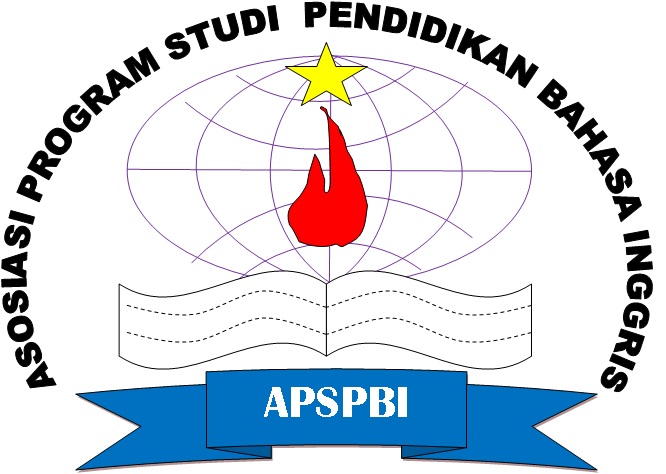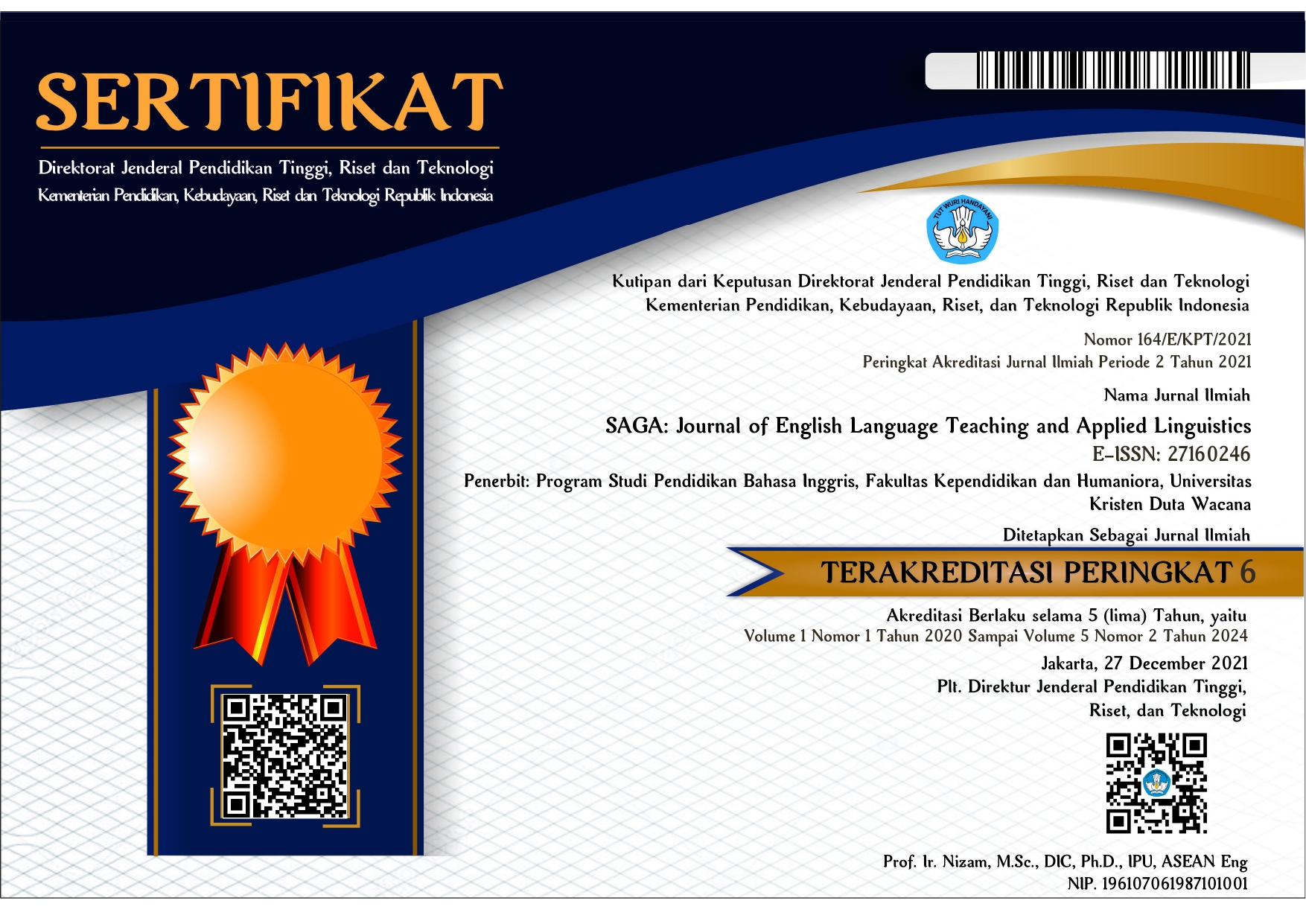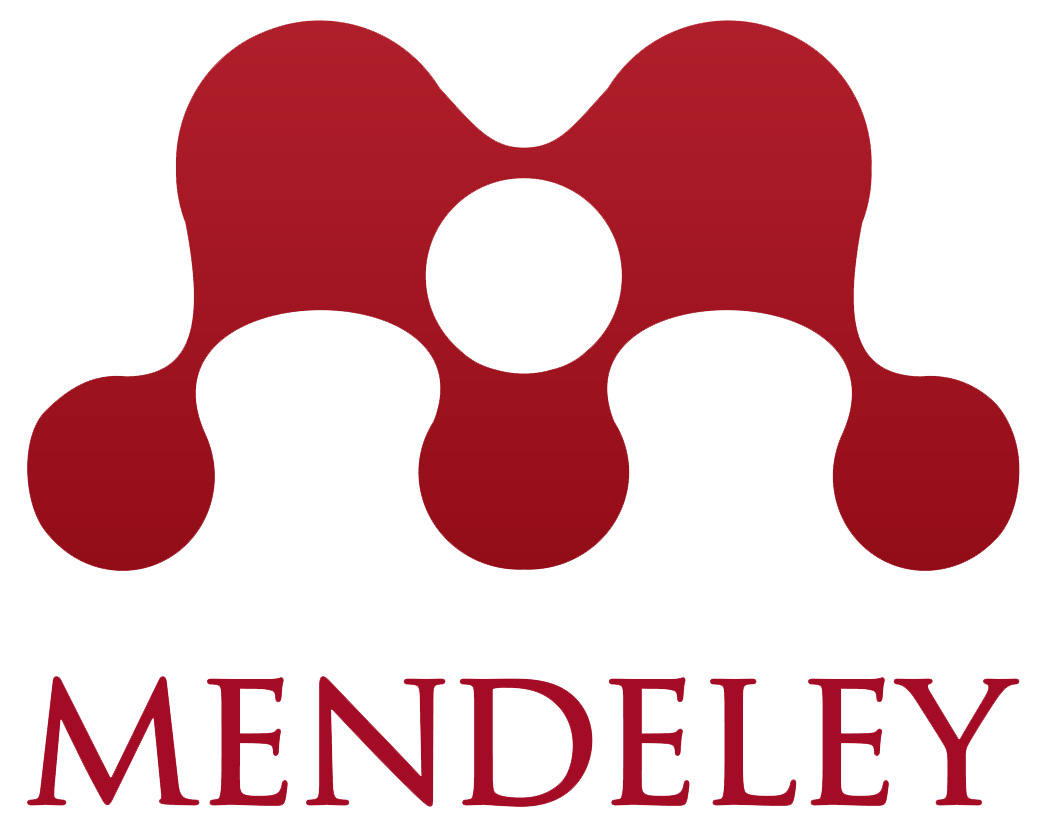Group Work for Enhancing Students’ Understanding in Simple Past Materials and Developing Social Skills
DOI:
https://doi.org/10.21460/saga.2024.51.159Keywords:
group work, heterogenous group, observation, quantitative dataAbstract
This study tried to discover whether group work is effective to help the students get better understanding in the materials as well as being more active and sociable in class. This study was conducted for the sixth grade of SD Tarakanita Bumijo Yogyakarta on July-August 2022. This study would implement group work by conducting heterogenous groups. The data gathered came from combined observation data and quantitative questionnaire. Quantitative data is used to analyse numerical data. The data then converted by using 5 Likert scale to acknowledge the Group Work activity. Based on the result of the questionnaire number 1-3 with average score 4,26, It was concluded that this group work activity was successful in helping the students have better understanding of the material. Based on the result of the questionnaire number 4-5 with average score 4,33 and the observation during the activities group work helped the students got better understanding in the materials. The students helped and encourage each other during the study time and test time. Based on the result of the questionnaire number 6-8, students’ reflection on the questionnaire, and the observation notes, It was concluded that this group work activity was able to create good bond for the students and their friends. They helped each other, most of them didn’t argue or fight during the group work. They also felt closer after the group work. One important note before conducting the group work is setting the rules as clear as possible. Based on the result of the questionnaire, reflection, and observation data, group work make the students have better understanding of the material. The group work was also able to create good bond for the students and their friends. As they helped each other during the activity, most of them didn’t argue or fight. They got closer after the group work.
References
Astuti, S. D. (2016). Pentingnya memahami karakteristik siswa sekolah dasar sebagai dasar pengembangan strategi pembelajaran oleh guru. Universitas Negeri Yogyakarta
Barr, R., & Dreeben, R. (1977). Instruction in classrooms. Review of research in education, 5(1), 89-162. https://doi.org/10.3102/0091732X005001089
Benett, Y. (1993). The validity and reliability of assessments and self-assessments of work-based learning. Assessment and Evaluation in Higher Education, 18(2), 83-94. https://doi.org/10.1080/0260293930180201
Brown, H. D., & Lee, H. (2015). Teaching principles. Pearson Education Australia.
Clandinin, D. J. and Cave, M. T. (2008). Creating pedagogical spaces for developing a doctor's professional identity. Medical Education, 42 (8), 765–770. https://doi.org/10.1111/j.1365-2923.2008.03098.x
Davis, B. G. (1993). Tools for teaching. San Fransisco: Jossey-Bass Publishers.
Dunkin, M. J. (1987). The international encyclopaedia of teaching and teacher education. Pergamon.
Galton, M. and Williamson, J., (1992). Group work in the primary classroom. Routledge.
Godek, Y. (2004). Research on group work and collaborative work and its implications for primary school teachers. Gazi Universitesi Kirsehir Egitim Fakultes, 5(2), 27-34.
Goldie, J. (2008). Integrating professionalism teaching into undergraduate medical education in the UK setting. Medical Teacher, 30 (5), 513–527. https://doi.org/10.1080/01421590801995225
Hall, D. R., & Hewings, A. (2001). Innovation in English language teaching. Macquarie University and the Open University.
Murphy, K. L., Mahoney, S. E., Chen, C. Y., Mendoza-Diaz, N. V., & Yang, X. (2005). A constructivist model of mentoring, coaching, and facilitating online discussions. Distance Education, 26(3), 341-366.
Nelson-Le Gall, S. (1992). Help-seeking: An understudied problem-solving skill in children. Developmental Review, 1, 224-246.
Webb, N. M. (1982). Group composition, group interaction, and achievement in cooperative small groups. Journal of Educational Psychology, 74(4), 475–484. https://doi.org/10.1037/0022-0663.74.4.475
Widoyoko, E. P. (2009). Evaluasi program pembelajaran. Pustaka Pelajar.
















